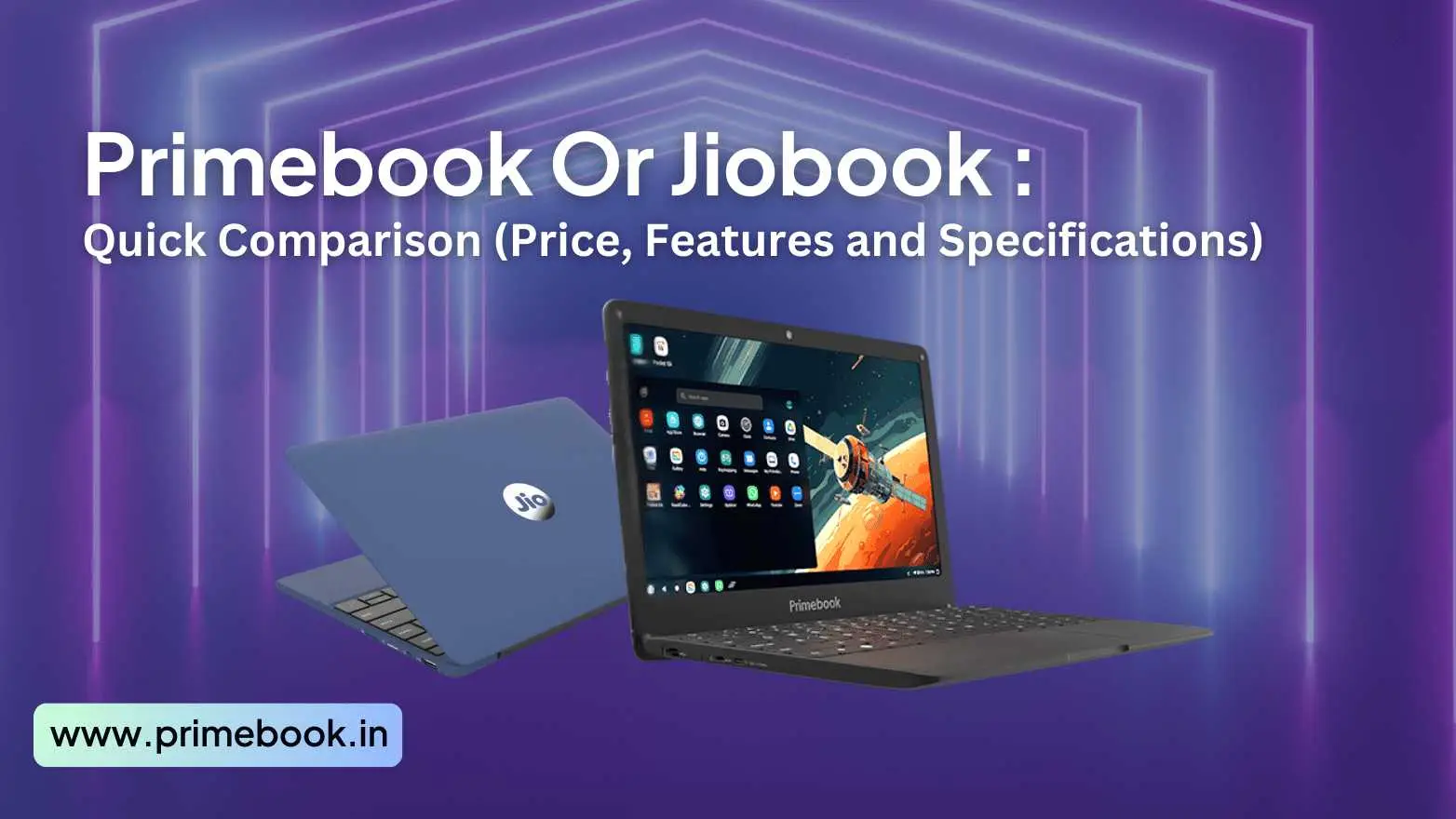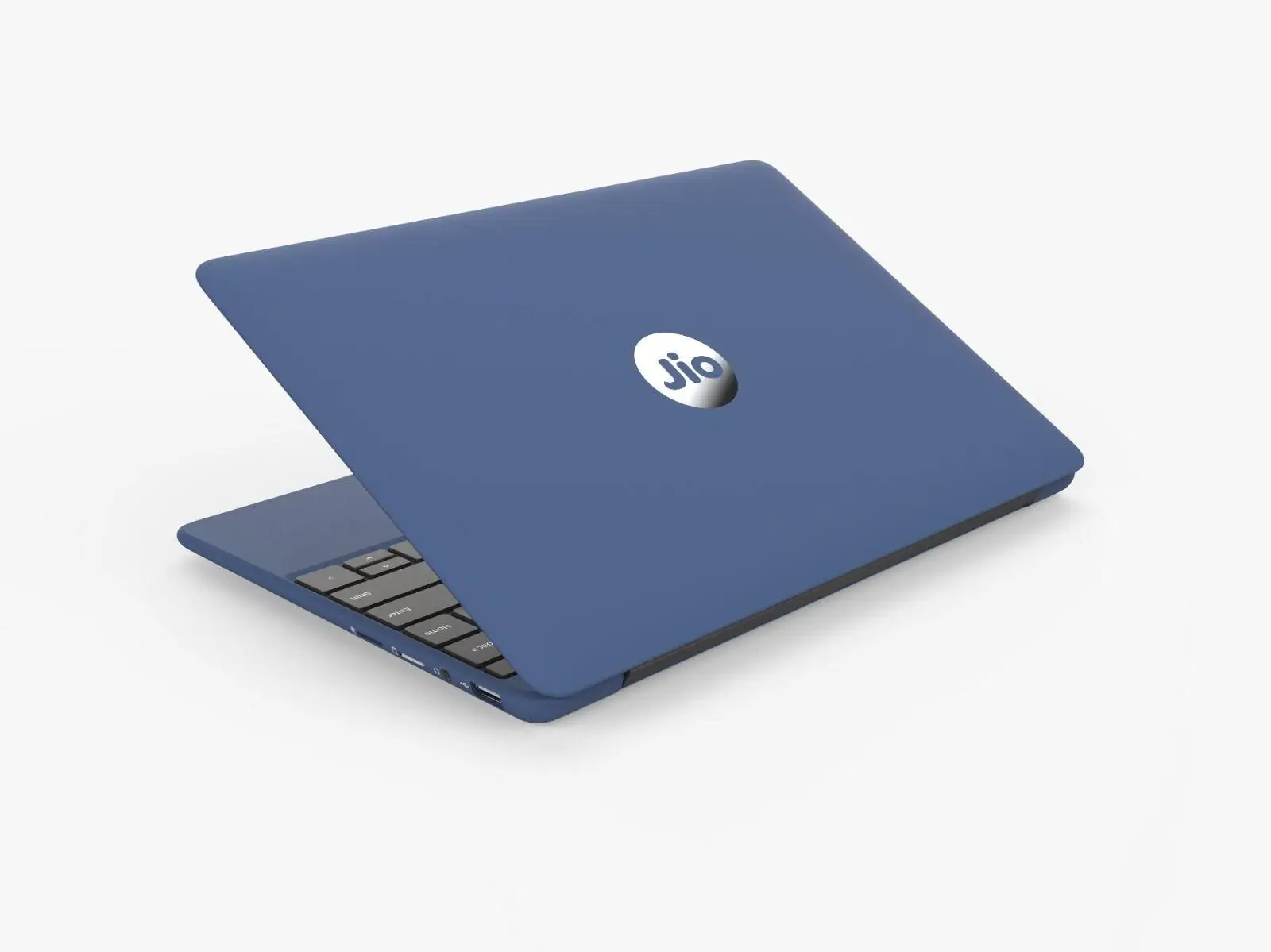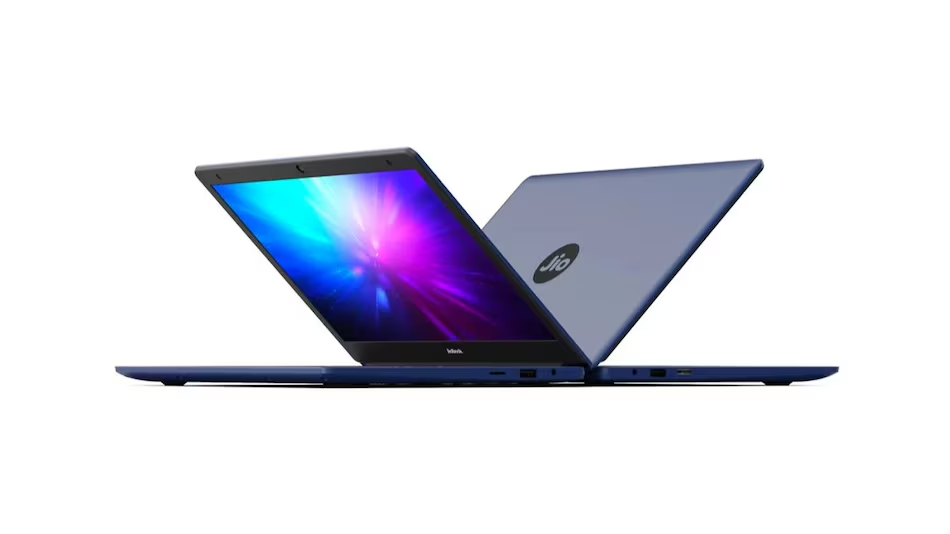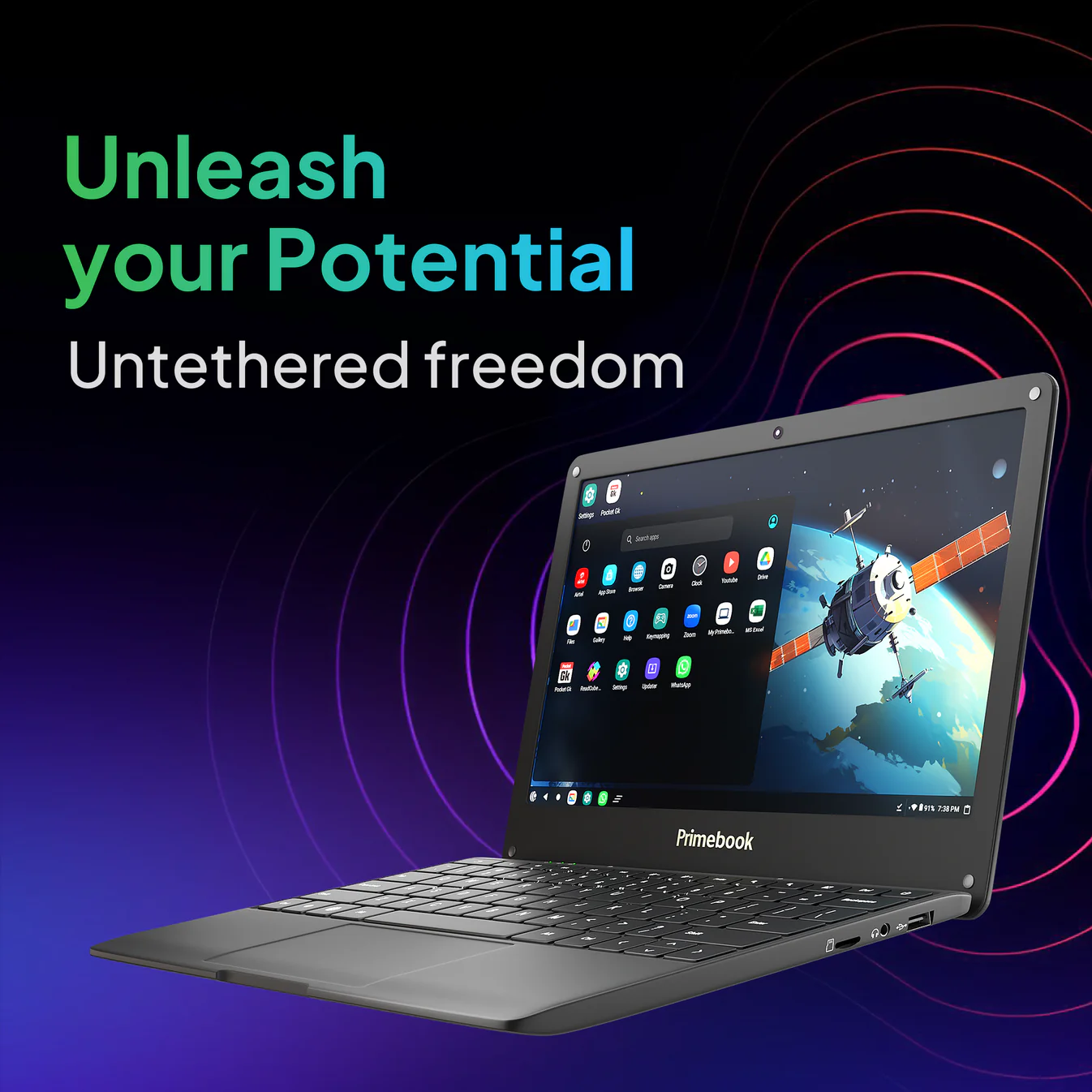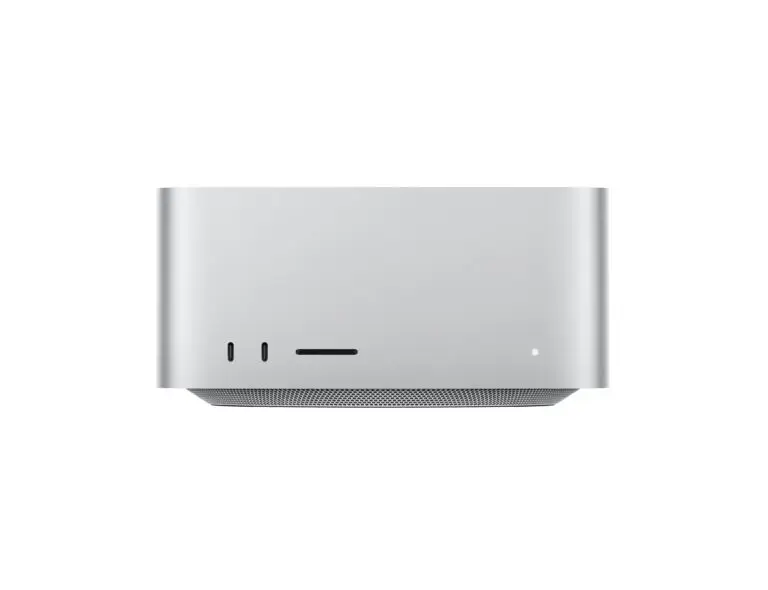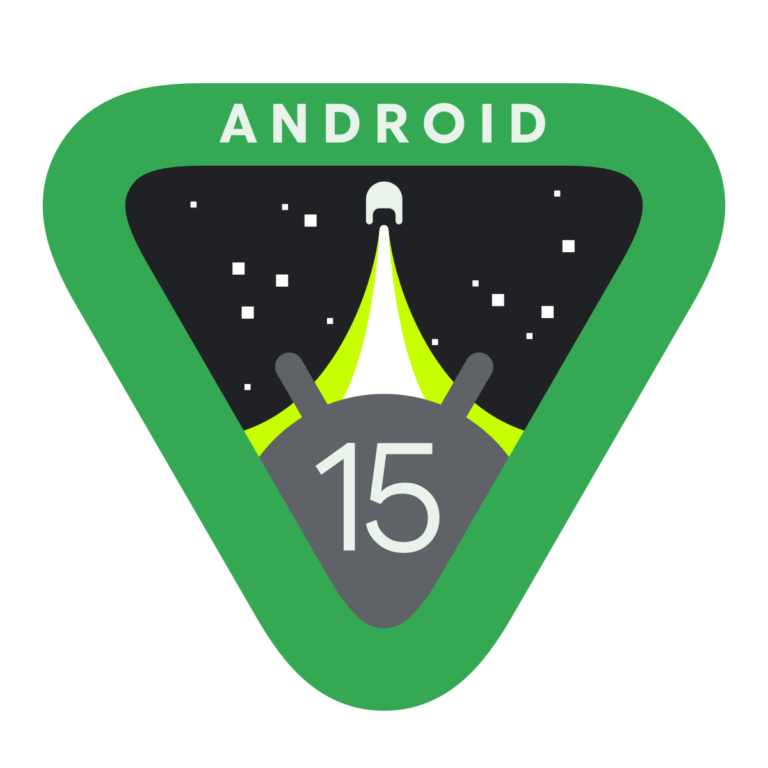Primebook, JioBook, or Chromebook? 14 Reasons You Can’t Go Wrong with Any of Them
Introduction
- Overview of the increasing popularity of budget laptops
- Why consumers are considering Primebook, JioBook, and Chromebook
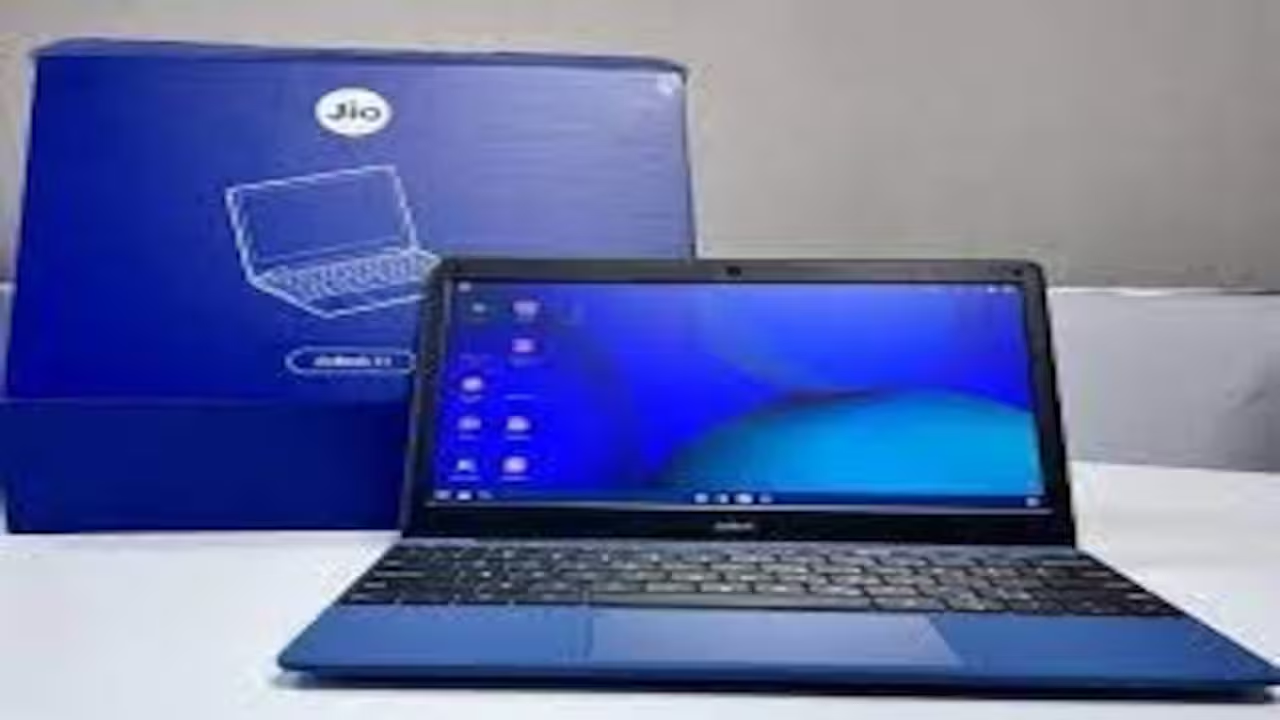
- Key features that differentiate each option
1. Understanding the Basics: What Are Primebook, JioBook, and Chromebook?
- Definition and history of each device type
- Target users and intended purposes
- Overview of operating systems (Prime OS, JioOS, Chrome OS)
2. Design and Build Quality Comparison
- Materials and aesthetics
- Portability and weight
- Durability and design consistency for everyday use
3. Operating System Comparison
- Overview of Prime OS, JioOS, and Chrome OS
- Compatibility with apps and software
- Pros and cons of each OS in terms of functionality
4. Performance and Processing Power
- Processor types and speeds
- RAM and storage options
- Ideal use cases for each device’s performance range
5. Display Quality and Graphics
- Screen size and resolution
- Color accuracy and brightness
- Graphics capability and support for multimedia
6. Battery Life and Power Efficiency
- Battery life comparison in hours
- Power management and efficiency features
- Suitability for on-the-go users
- Available ports (USB, HDMI, etc.)
- Wi-Fi and Bluetooth support
- Additional connectivity features (e.g., SIM card slots in JioBook)
8. Software Ecosystem and App Support
- App availability and compatibility in each OS
- Office, productivity, and entertainment app support
- Ease of software updates and support
9. Price and Value for Money
- Price comparison of each device
- What you get for the price: features vs. cost
- Overall value and who might benefit most from each device
10. User Experience and Usability
- Keyboard, touchpad, and touchscreen (if applicable)
- Learning curve and ease of use
- User feedback and reviews
- 11. Security Features
- Built-in security options and updates
- Data protection features
- Best choice for users who prioritize security
12. Durability and Longevity
- Expected lifespan and performance over time
- Warranty and after-sales service comparison
- Ideal device for long-term use
13. Comparison Chart: Primebook vs. JioBook vs. Chromebook
- Summary chart for quick comparison of key features
- Pros and cons of each device
14. Pros and Cons of Each Device
- Primebook: strengths and weaknesses
- JioBook: strengths and weaknesses
- Chromebook: strengths and weaknesses
15. Final Verdict: Which Device is Right for You?
- Summary of key differences and use cases
- Suggestions for different types of users (students, professionals, casual users)
- Final recommendations based on budget and needs
Conclusion
- Recap of the key points
- Emphasis on choosing the right device for personal or professional needs
FAQs
- Differences between Prime OS, JioOS, and Chrome OS
- Can Chromebooks run offline apps?
- Is the iPad suitable for work-from-home setups?
- Which device offers the best battery life?
- Can Primebook and JioBook replace traditional laptops?
Primebook vs. JioBook vs. Chromebook: Which Budget Laptop is Best for You?
Introduction
In a world where affordable technology is more accessible than ever, the demand for budget-friendly laptops is growing. While top-tier brands and high-end laptops offer exceptional performance, most users don’t need every bell and whistle—especially when affordability and simplicity are top priorities. Today, three major players in the budget laptop space are gaining traction: Primebook, JioBook, and Chromebook.
Whether you’re a student, a professional on a budget, or simply someone who wants an additional device for everyday tasks, choosing the right laptop from these options can be tricky. Each has unique features, benefits, and drawbacks, but they all promise reliable performance for everyday computing. Let’s take a closer look at Primebook, JioBook, and Chromebook to help you make the best choice for your needs.
1. Understanding the Basics: What Are Primebook, JioBook, and Chromebook?
Primebook, JioBook, and Chromebook are all designed with affordability and essential functionality in mind, but they differ significantly in their intended users and operating systems:
- Primebook: Built with a focus on education, Primebook uses Prime OS, a custom version of Android. It’s meant for lightweight tasks, such as word processing, web browsing, and app-based learning, making it a go-to for students.
- JioBook: Targeted at the Indian market, the JioBook is designed by Reliance Jio and operates on JioOS, a Linux-based operating system. It’s optimized for online connectivity, with features that support Jio’s ecosystem of apps and services.
- Chromebook: Powered by Google’s Chrome OS, Chromebooks have become a popular choice worldwide. Chrome OS supports both cloud-based apps and Android applications, allowing Chromebooks to handle a range of tasks, from browsing and multimedia to light productivity.
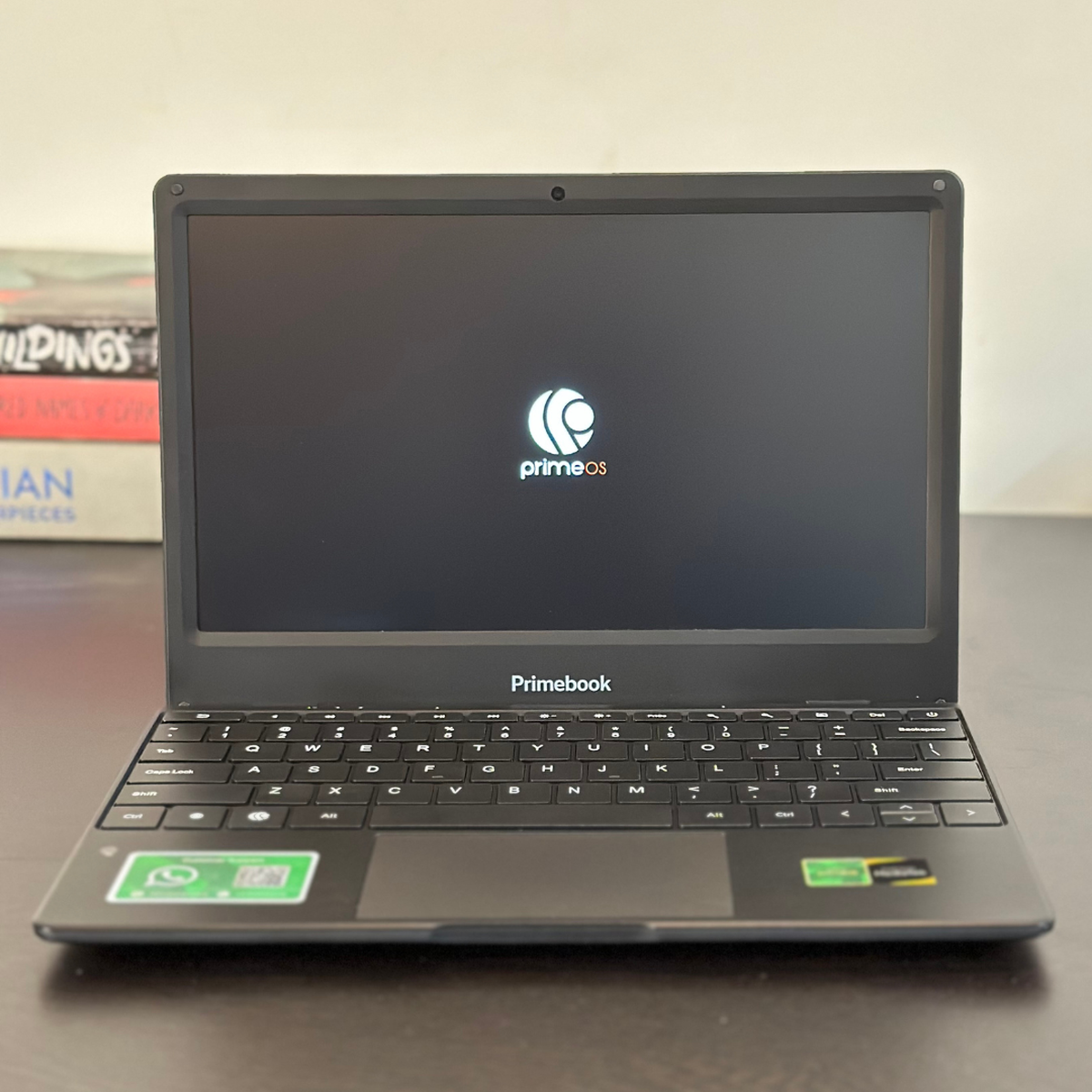
2. Design and Build Quality Comparison
Design and build quality are crucial when choosing a laptop, especially if you’ll be carrying it around frequently.
- Primebook: The Primebook typically has a lightweight, compact design that makes it portable and easy to carry in a backpack. The build quality is modest but durable, with materials that focus on keeping the cost low.
- JioBook: The JioBook has a sleek and minimalistic design, with a plastic build that feels sturdy for daily use. It’s made to be lightweight and compact, making it suitable for users who need portability.
- Chromebook: Chromebooks come in various designs, depending on the brand and model. Some models have metal finishes, while others use plastic. Chromebooks usually have a high build quality for their price, and some models are even available with 2-in-1 touchscreen designs.
In terms of weight and size, Primebook and JioBook tend to be lighter and smaller, while Chromebooks offer more variety, with some models slightly bulkier due to added features.
3. Operating System Comparison
A laptop’s operating system (OS) greatly influences its functionality, software compatibility, and ease of use.
- Prime OS (Primebook): A modified version of Android, Prime OS is simple and intuitive, designed primarily for students and app-based usage. However, its reliance on Android apps can limit traditional computing functions.
- JioOS (JioBook): JioOS is Linux-based and optimized for Jio’s own services, like JioMeet and JioPages. This OS is relatively lightweight, designed to work well with Jio’s suite of applications and Indian users’ needs. It’s limited to apps in Jio’s ecosystem, which may restrict functionality for international applications.
- Chrome OS (Chromebook): Chrome OS is a more mature and versatile operating system with access to both web-based and Android apps. Chromebooks support Google’s productivity suite (Docs, Sheets, Slides), making them ideal for users who rely on cloud computing. The interface is user-friendly and has expanded offline functionality, bridging the gap between traditional OS systems and cloud-based computing.
Each OS has its strengths and weaknesses. Chrome OS offers the most flexibility and support, while Prime OS and JioOS are more focused and limited in scope but can still meet basic needs.
4. Performance and Processing Power
When it comes to performance, budget laptops like these are generally limited but can handle basic tasks.
- Primebook: Often equipped with entry-level processors like MediaTek or low-end Intel chips, Primebook’s performance is sufficient for lightweight tasks. It’s built to run Android apps smoothly, but complex tasks or multitasking may be challenging.
- JioBook: JioBook also comes with entry-level processors, such as ARM-based CPUs, which are optimized for efficiency rather than power. The JioBook can handle light browsing, streaming, and Jio’s own apps, but it might struggle with more demanding applications.
- Chromebook: Chromebooks offer a range of processors from Intel Celeron to higher-end Intel Core i3 or i5 options, depending on the model. This allows Chromebooks to perform better in multitasking and handle slightly heavier applications, especially in mid-range models. Chromebooks excel in general productivity tasks and online usage, making them suitable for professional tasks as well.
In terms of RAM and storage, Chromebooks generally provide more options, while Primebook and JioBook are limited to smaller configurations. Chromebooks often come with SSD storage for faster performance, whereas Primebook and JioBook may use eMMC storage, which is slower but adequate for basic tasks.
5. Display Quality and Graphics
The display is essential for any laptop, especially if you’re spending hours on it.
- Primebook: Primebook models generally have a basic display with standard HD resolution. While they’re fine for reading and casual browsing, they lack brightness and color accuracy, limiting their use for multimedia or graphic-intensive tasks.
- JioBook: JioBook offers a similar display experience, with HD resolution and modest brightness levels. It’s suitable for daily tasks and online browsing but may struggle with vibrant colors and clarity in bright environments.
- Chromebook: Chromebooks are available with a variety of displays, ranging from HD to Full HD (1080p) resolutions, and even higher in some premium models. Color reproduction and brightness tend to be better, especially on mid- to high-end models, making Chromebooks a better choice for media consumption and casual graphic work.
For users focused on multimedia and clarity, Chromebooks are often the superior choice due to their wider range of resolution options and better graphics performance.
Battery life is a crucial factor for users on the go, and it’s an area where budget laptops vary considerably.
- Primebook: Primebook offers decent battery life, often lasting between 6 and 8 hours on moderate use. With its lightweight OS and entry-level hardware, it doesn’t consume too much power, making it a good choice for students who need a device that can last through a school day without frequent charging.
- JioBook: The JioBook also emphasizes efficient battery usage. Given its ARM-based architecture and Linux-based JioOS, it can deliver up to 8 to 10 hours of usage on a full charge, which is impressive for a budget device. Its battery is designed to support Jio’s app ecosystem, focusing on efficient use of power for simple tasks and online browsing.
- Chromebook: Battery life on Chromebooks varies based on the model, with some offering up to 12 hours or more. Chrome OS is optimized for power efficiency, and since many applications run in the cloud, the device uses less power compared to traditional laptops. Chromebooks are typically the best in terms of battery performance among these three devices, making them ideal for users who need a full day’s use without carrying a charger.
Verdict: While all three options provide good battery life, Chromebooks generally outperform Primebook and JioBook in terms of longevity and efficiency, especially if you’re investing in a mid-range model.
7. Connectivity Options
Connectivity options are essential for users who rely on various peripherals, internet connections, and external displays.
- Primebook: Primebook typically offers basic connectivity options, including a few USB ports, an HDMI output, and an audio jack. Wi-Fi and Bluetooth connectivity are standard, allowing students and users to connect to basic wireless peripherals. However, it may lack more advanced or high-speed connectivity options like USB-C or dual-band Wi-Fi.
- JioBook: The JioBook stands out in connectivity as it includes a SIM card slot, making it one of the few budget laptops with built-in 4G connectivity. This feature allows users to connect to the internet on the go without relying on Wi-Fi, making it especially appealing for mobile users and those in areas with limited Wi-Fi access. Standard USB and HDMI ports, along with Bluetooth, are also available.
- Chromebook: Chromebooks offer the widest range of connectivity options, with most models including USB-A, USB-C, HDMI, and an audio jack. Many newer Chromebooks support high-speed USB-C ports that can also be used for charging and external displays. Wi-Fi connectivity is typically dual-band, and some higher-end models support 4G or 5G for mobile internet access.
Verdict: For users who need internet access without Wi-Fi, the JioBook’s SIM slot is a significant advantage. However, Chromebooks generally offer more connectivity options, making them ideal for users with multiple peripherals or those who want to connect their laptop to external displays.
8. Software Ecosystem and App Support
Software compatibility and the range of available apps are critical in determining how versatile each device can be.
- Primebook: Running on Prime OS, which is a custom Android-based OS, the Primebook has access to the Google Play Store and Android apps. This makes it ideal for users who rely on mobile applications or are comfortable with the Android ecosystem. However, Prime OS may struggle with traditional software like full-featured desktop productivity suites, limiting its versatility for professional tasks.
- JioBook: The JioBook runs on JioOS, a Linux-based OS tailored to work seamlessly with Reliance Jio’s ecosystem of apps, such as JioPages and JioMeet. While it supports a range of web apps and lightweight productivity applications, its software selection is more restricted compared to Android or Chrome OS. It’s an excellent choice for users within the Jio ecosystem but may feel limited for others who require a wider selection of apps.
- Chromebook: Chrome OS offers the most extensive software ecosystem, supporting both web-based applications through the Chrome browser and Android apps via the Google Play Store. Many Chromebooks also support Linux applications, broadening their software compatibility to include developer tools and some professional software. This flexibility makes Chromebooks suitable for various tasks, from casual browsing to productivity and light development work.
Verdict: If you’re looking for the most robust and versatile software environment, the Chromebook stands out as the best option. Primebook and JioBook are more limited in app support but may work well for users with specific or simpler requirements.
9. Price and Value for Money
Each of these devices is priced competitively, but they offer different value propositions depending on your needs and budget.
- Primebook: Primebooks are among the most affordable options, often priced significantly lower than entry-level Chromebooks. This affordability makes them ideal for students or users on a tight budget who need basic functionality. However, users may need to compromise on performance and versatility.
- JioBook: Positioned as an affordable laptop, the JioBook is similarly priced, targeting the Indian market with a budget-friendly price tag. With the added advantage of 4G connectivity, it offers excellent value for users who prioritize mobility and access to Jio services, though it may not have the full range of features available in higher-end devices.
- Chromebook: Chromebooks range from low-cost to mid-tier models, with prices starting close to those of Primebook and JioBook but extending higher based on features. While entry-level Chromebooks are comparable in price to the Primebook and JioBook, their higher-end models with improved performance and display quality come at a premium. Chromebooks generally offer the best overall value for users looking for a blend of affordability and functionality.
Verdict: Primebook and JioBook provide excellent value for users on a strict budget or those who need basic functionality. Chromebooks, while potentially more expensive, offer more versatility and a better long-term investment for those willing to spend a bit more.

10. User Experience and Usability
User experience encompasses the ease of using the device, the comfort of the keyboard and touchpad, and the learning curve associated with the OS.
- Primebook: Primebook offers a familiar interface for Android users, making it easy to learn and navigate. However, due to the limitations of Android apps, the device may feel restrictive for tasks that require desktop-grade software. The keyboard and touchpad are basic but functional, ideal for students and casual users.
- JioBook: JioBook’s Linux-based JioOS has a unique interface that may require an initial learning curve. The operating system is optimized for simplicity, allowing users to access core Jio services and web apps with ease. Its keyboard and touchpad are designed for lightweight tasks and casual use, though power users might find it somewhat limiting.
- Chromebook: Chrome OS is user-friendly, intuitive, and offers a consistent experience across all models. The interface is designed for seamless cloud-based use, with an excellent integration of Google services. Chromebooks generally offer a comfortable keyboard and responsive touchpad experience, and models with touchscreens add an extra layer of interactivity.
Verdict: Chromebooks generally provide the best user experience, thanks to their familiar and versatile OS and responsive hardware. Primebook and JioBook are suitable for basic usage, though their usability may be limited by the restricted app ecosystems and hardware.
11. Security Features
Security is essential, especially for users handling sensitive data or connecting to public networks.
- Primebook: Primebook’s Android-based OS includes basic security features, such as app permissions and Google’s security framework. While adequate for everyday use, it may not provide the same level of security as other platforms for professional or high-security tasks.
- JioBook: JioBook uses a Linux-based OS, which inherently offers stronger security compared to many operating systems. However, as a budget device, it lacks advanced security features and may not receive security updates as frequently as other systems, especially outside the Jio ecosystem.
- Chromebook: Chrome OS is designed with robust security in mind, with features like automatic updates, sandboxing, and Verified Boot, ensuring that Chromebooks remain secure and up-to-date. For users who prioritize security, especially in shared or public environments, Chromebooks are often the best choice.
Verdict: Chromebook’s security features make it the safest choice among the three, while JioBook and Primebook provide basic but sufficient security for general use.
12. Durability and Longevity
For budget-conscious users, it’s essential that their device can last through years of daily use.
- Primebook: Primebook models are built for affordability, and while durable enough for everyday use, they may not withstand long-term wear as well as higher-end devices. Due to their Android OS, software support may also be limited over time.
- JioBook: The JioBook offers solid build quality, though it’s still a budget device and not intended for heavy use. Software updates are likely focused on the Jio ecosystem, which may limit its longevity outside of this context.
- Chromebook: Chromebooks typically offer more durability, especially mid-range models designed for students and professionals. Chrome OS is backed by Google’s extensive support, with regular updates and a secure environment that enhances the device’s lifespan.
Verdict: Chromebooks generally offer greater longevity, both in terms of hardware durability and software support. Primebook and JioBook are suitable for short- to mid-term use, especially for casual users or students.
13. Comparison Chart: Primebook vs. JioBook vs. Chromebook
| Feature | Primebook | JioBook | Chromebook |
|---|---|---|---|
| Operating System | Prime OS (Android-based) | JioOS (Linux-based) | Chrome OS |
| Processor | Entry-level, MediaTek/Intel | ARM-based | Range from Intel Celeron to Core |
| Battery Life | 6–8 hours | 8–10 hours | 10–12 hours or more |
| Display | HD | HD | HD to Full HD |
| Storage | Limited eMMC | Limited eMMC | eMMC or SSD (varies by model) |
| Connectivity | Basic ports, Wi-Fi, Bluetooth | SIM slot, USB, HDMI, Wi-Fi | USB-C, USB-A, HDMI, Wi-Fi |
| Security | Basic Android security | Basic Linux security | Advanced Chrome OS security |
| Price Range | Low | Low | Varies (low to mid-range) |
14. Pros and Cons of Each Device
- Primebook:
- Pros: Affordable, Android ecosystem, lightweight design
- Cons: Limited performance, basic display, fewer software options
- JioBook:
- Pros: Affordable, 4G connectivity, Linux-based OS, optimized for Jio services
- Cons: Limited app selection, lower versatility outside the Jio ecosystem
- Chromebook:
- Pros: Versatile, Chrome OS and Android app support, excellent battery life, robust security
- Cons: Higher-end models can be costly; limited offline functionality in some cases
 15. Final Verdict: Which Device is Right for You?
15. Final Verdict: Which Device is Right for You?
If you’re looking for a device solely for basic tasks and light web browsing, Primebook is a budget-friendly choice, especially for students. For users within the Jio ecosystem who need on-the-go connectivity, JioBook offers excellent value with its built-in SIM slot and efficient battery. Chromebooks are the best all-rounders, providing flexibility, robust software support, and security, making them ideal for users who need a more versatile, cloud-based device.
Conclusion
When comparing Primebook, JioBook, and Chromebook, each device serves a unique purpose. Primebook and JioBook cater to budget-conscious users with specific needs, such as basic functionality and connectivity. Chromebook, however, stands out for its versatility, security, and software ecosystem, offering the best value for those who require a bit more from their budget laptop. Consider your needs, budget, and long-term usage plans to choose the best laptop for you.
FAQs
- What are the differences between Prime OS, JioOS, and Chrome OS?
- Prime OS is Android-based, JioOS is a Linux-based system, and Chrome OS is Google’s cloud-focused operating system, supporting both web and Android apps.
- Can Chromebooks run offline apps?
- Yes, many Chromebooks support offline apps, especially those from the Google suite, making it possible to work without an internet connection.
- Is the iPad suitable for work-from-home setups?
- The JioBook can handle basic work-from-home tasks, though it’s limited in versatility for heavy applications. Users reliant on Jio apps will find it more useful.
- Which device offers the best battery life?
- Chromebooks generally offer the longest battery life, though JioBook is also efficient, especially for users with light internet browsing needs.
- Can Primebook and JioBook replace traditional laptops?
- Primebook and JioBook are designed for light tasks and may struggle with heavy applications, making them best as supplementary devices rather than full laptop replacements.

